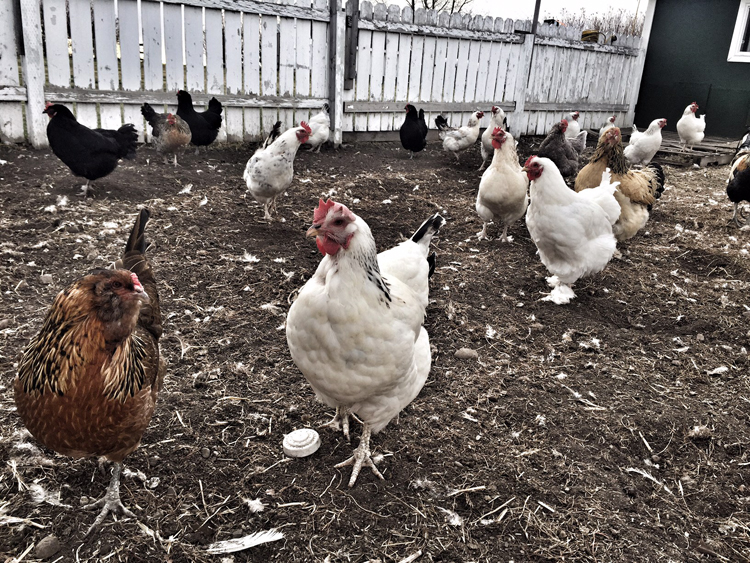A recent study on Canada's chicken industry shows that the sector has reduced its carbon footprint by 37 per cent in the last 40 years.
A consultation firm specializing in corporate social responsibility and economic studies conducted the Life Cycle Assessment, which measured the environmental and social performance of Canada's chicken sector.
Communications Manager with Chicken Farmers of Canada, Lisa Bishop-Spencer, says the industry has made this improvement through efficiencies.
"So effectively by adapting practices on the farm that reduce environmental impact and ensuring we are preserving the health and land of our farms, feed efficiencies, and more of a commitment to ensuring less waste, we see those improvements."
Other key findings in regards to the industry's environmental footprint included that, per kilogram of protein, the carbon footprint of the Canadian chicken industry is lower than other livestock commodities produced in North America.
When measuring social performance, the study found over 90 per cent of Canadian chicken farmers pay their workers a salary over the provincial minimum wage, which Bishop-Spencer says really hit home with consumers.
"That's a real commitment to involving the workforce in the farm and motivating them make continual improvements like we've made."
Chicken Farmers of Canada also says, after eliminating Category I antibiotics on the farm, which are the most important for human medicine, they've committed to eliminating the preventive use of Category II antibiotics by the end of the year, and a goal has been set to eliminate the preventive use of Category III antibiotics by the end of 2020.
Bishop-Spencer says, this study is a benchmark to measure future improvements and how far the industry has already come.
Send your news tips, story ideas and comments to jgiles@goldenwestradio.com











